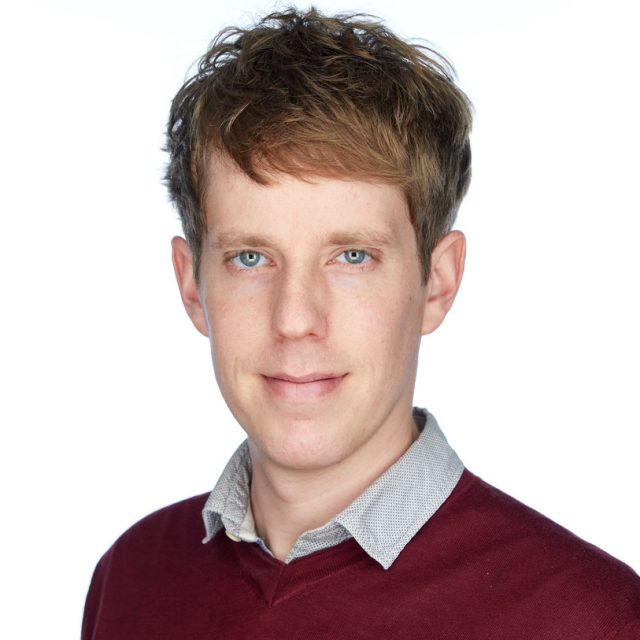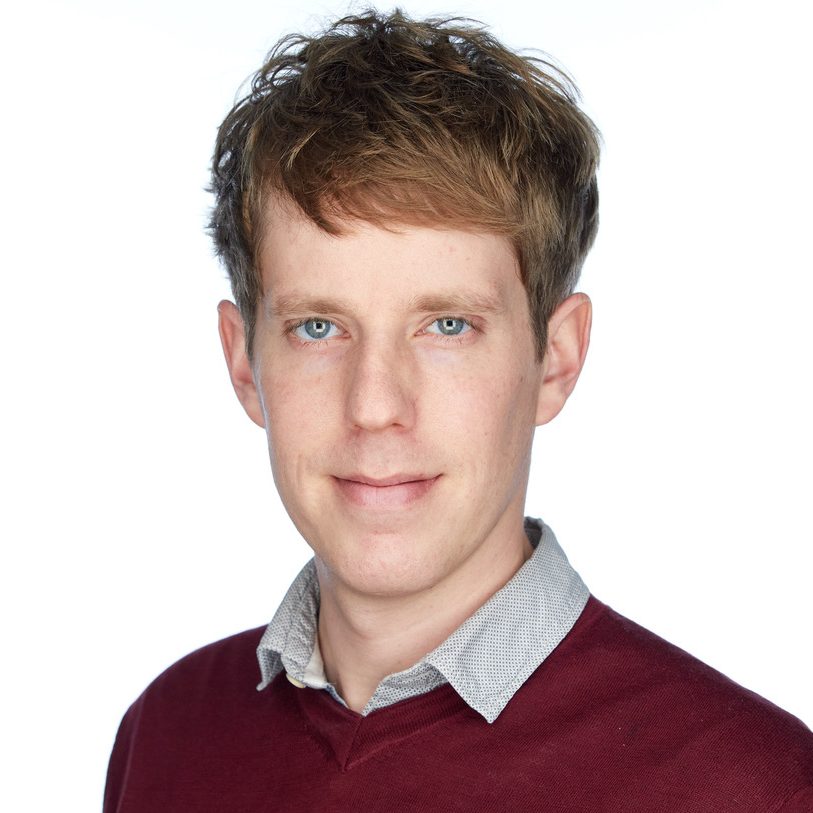Date and time: 7 September 2021, 15:00-16:00 CEST (UTC +2)
Speaker: Florian Jaton, University of Lausanne
Title: On ground truths, biases, and morality in machine learning design and application
Zoom: https://kth-se.zoom.us/j/69560887455
Meeting ID: 695 6088 7455
Password: 755440
Watch the recorded presentation here:
 Abstract: When one documents the manufacture of algorithms using the analytical genre of laboratory ethnography – among other possible ones – one notices that many of them rely upon referential databases called “ground truths” that gather sets of input data and their manually designed output-targets counterparts. One also quickly realizes that the collective processes leading to the definition of these ground truths heavily impact the nature of the algorithms they help to constitute, evaluate, and compare. In this talk, Florian Jaton will first discuss some of the whys and wherefores of these ground-truthing processes with an emphasis on supervised and unsupervised learning for computer vision. Then, building upon the presented elements and the concept of “genuine option” developed by philosopher William James, he will critically discuss the notion of bias and propose an alternative way to consider the morality of machine learning algorithms.
Abstract: When one documents the manufacture of algorithms using the analytical genre of laboratory ethnography – among other possible ones – one notices that many of them rely upon referential databases called “ground truths” that gather sets of input data and their manually designed output-targets counterparts. One also quickly realizes that the collective processes leading to the definition of these ground truths heavily impact the nature of the algorithms they help to constitute, evaluate, and compare. In this talk, Florian Jaton will first discuss some of the whys and wherefores of these ground-truthing processes with an emphasis on supervised and unsupervised learning for computer vision. Then, building upon the presented elements and the concept of “genuine option” developed by philosopher William James, he will critically discuss the notion of bias and propose an alternative way to consider the morality of machine learning algorithms.Bio: Florian Jaton is a Postdoctoral Researcher at the University of Lausanne, STS Lab. He studied Philosophy, Mathematics, Literature, and Political Sciences before receiving his PhD in Social Sciences at the University of Lausanne. His research interests are the sociology of algorithms, the philosophy of mathematics, and the history of computing. He is the author of The Constitution of Algorithms, published by MIT Press.





